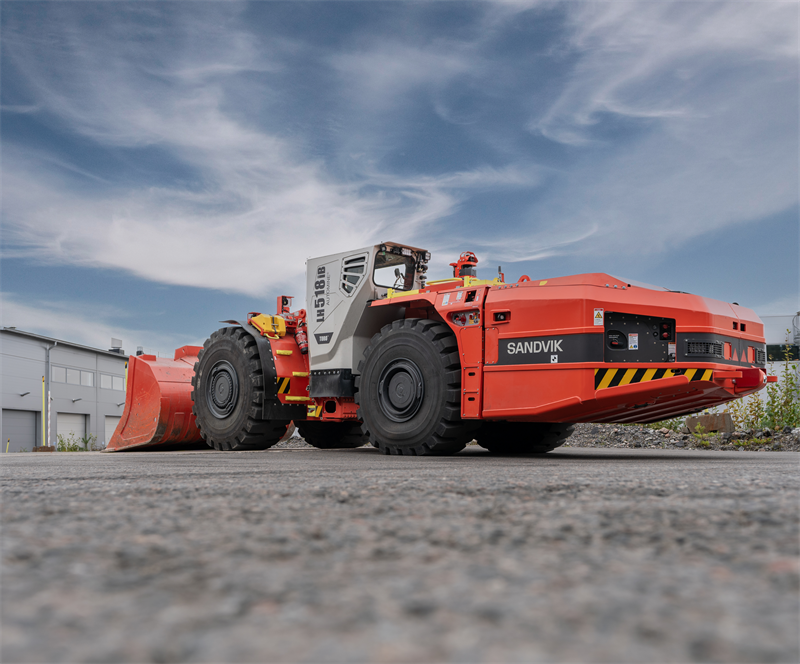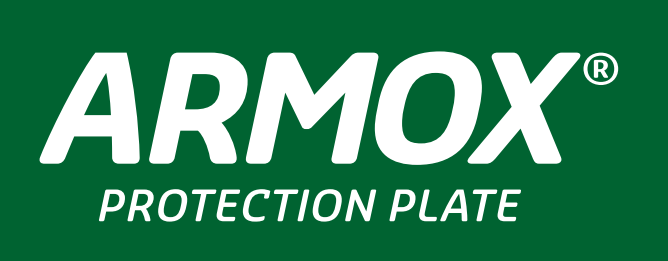
SSAB and Sandvik Mining and Rock Solutions have signed a letter of intent to secure fossil-free steel for use initially in the production of Sandvik’s loaders and trucks.
SSAB aims to deliver fossil-free steel to the market in commercial scale during 2026, and the letter of intent ensures Sandvik secures its needed volumes within SSAB’s production capacity. As a fossil-free partner to SSAB, Sandvik can also apply for early fossil-free sample deliveries of, for example, a prototype frame, loader bucket or truck box to be used in a demo or concept product.
“We’re excited about supporting the sustainability journey of our customers in the mining industry. Fossil-free steel has the same high quality as traditional steel but with hardly any environmental impact. It will help to reduce our customers’ carbon footprint and offer a competitive advantage in the market,” says Johnny Sjöström, Head of SSAB Special Steels.
“Sustainability is at the core of our business strategy. As the market demand for fossil-free products increases in the years ahead, this partnership will enable us to offer our mining customers solutions with a drastically reduced CO2 footprint,” says Mats Eriksson, President of Sandvik Mining and Rock Solutions.
SSAB delivered the first steel made of hydrogen-reduced iron in 2021. The steelmaker works with iron ore producer LKAB and energy company Vattenfall as part of the HYBRIT initiative to develop a value chain for fossil-free iron- and steel production, replacing coking coal traditionally needed for iron ore-based steelmaking with fossil-free electricity and hydrogen. This process virtually eliminates carbon dioxide emissions in steel production.
The Science Based Targets initiative (SBTi) recently validated Sandvik’s new targets for reducing greenhouse gas (GHG) emissions as aligned with the latest climate science and consistent with the goals of the Paris Agreement. Sandvik has committed to reaching net-zero GHG emissions by 2050 and reducing absolute scope 1 and 2 GHG emissions by 50 percent already by 2030.

